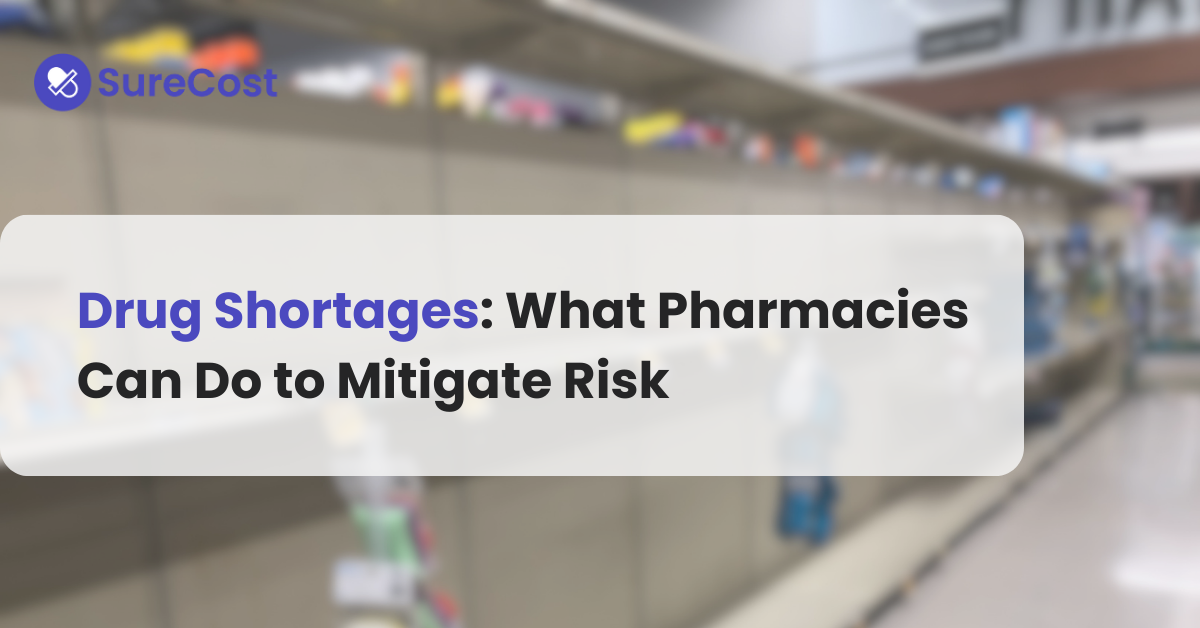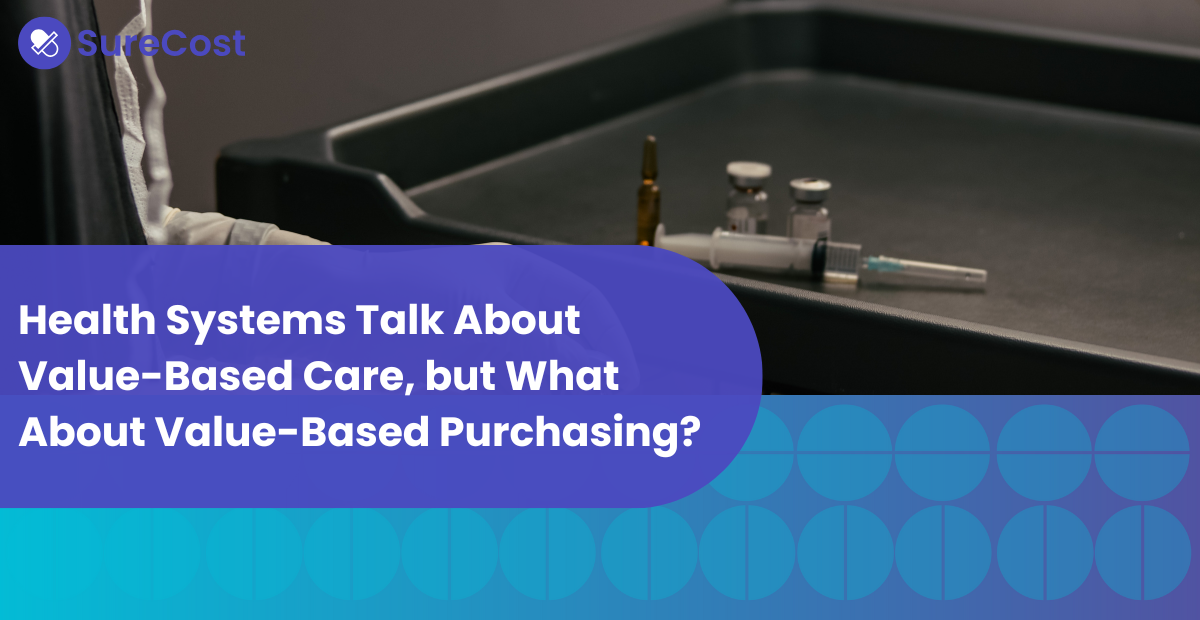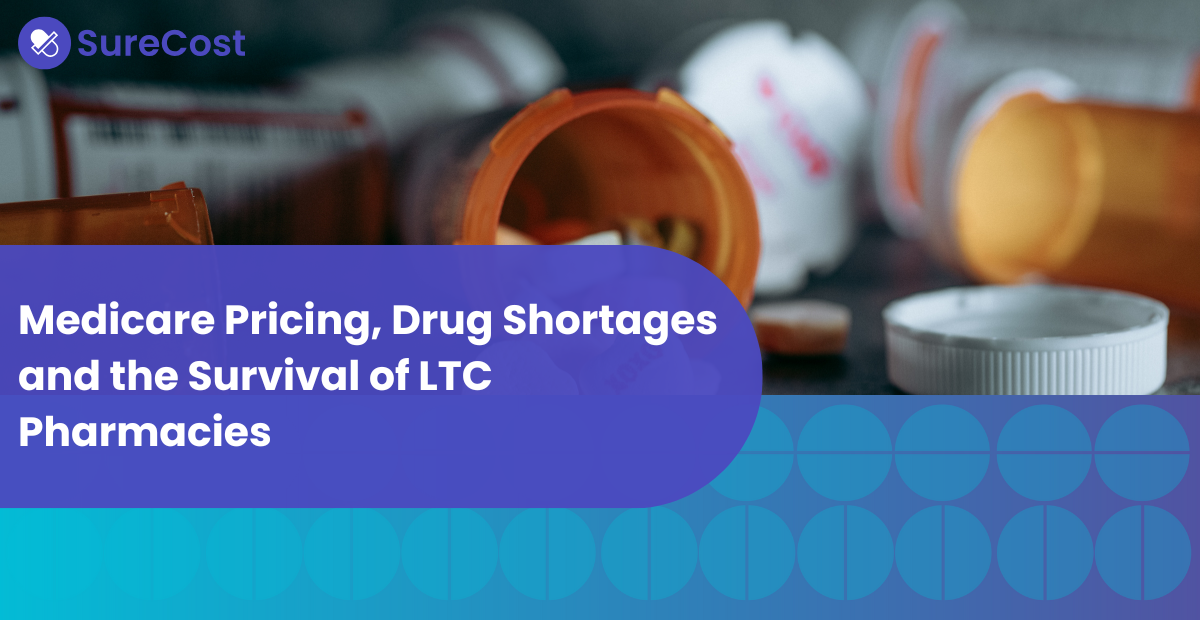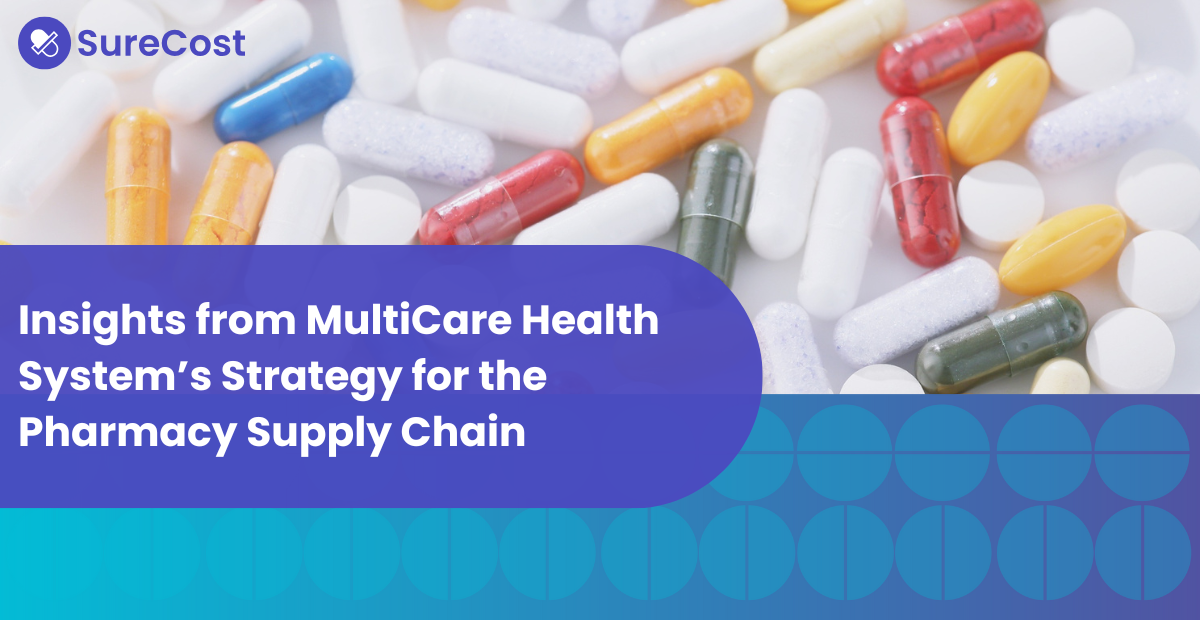In recent years, the United States has seen an alarming rise in drug shortages. According to a new report, these shortages pose a significant national security risk. The report, released by the National Security Commission on Artificial Intelligence (NSCAI), highlights the potential consequences of not addressing this growing problem.
The NSCAI report states that drug shortages are becoming more frequent and severe, with more than 200 drugs currently in short supply in the United States. These shortages are impacting critical care medications, such as antibiotics, anticoagulants, and pain medications, which are essential for treating both civilian and military patients.
Lack of visibility in the pharmaceutical supply chain
The lack of visibility in the supply chain has been a serious problem for years. While changes in the Drug Supply Chain Security Act help secure data and visibility with the chain of custody of pharmaceuticals, the NSCAI report goes further recommending several actions to address the problem of drug shortages, including increasing market transparency around the drug supply chain, promoting domestic drug manufacturing, and incentivizing the development of new drugs. The report also suggests that the government should consider stockpiling critical medications to ensure that they are available in the event of a crisis.
Globalizations of the pharmaceutical industry
One of the main reasons for the drug shortages is the increasing globalization of the pharmaceutical industry. Many of the drugs used in the United States are manufactured overseas, and disruptions to global supply chains can have significant impacts on the availability of these drugs. In addition, the consolidation of the pharmaceutical industry has also contributed to the problem, with fewer manufacturers producing a larger percentage of the drugs on the market.
The NSCAI report highlights several potential consequences of these drug shortages. First and foremost, patient care is being compromised. Patients are being forced to switch to less effective or more expensive drugs, or even go without essential medications altogether. In some cases, patients may be forced to delay or forgo necessary medical treatments altogether.
In addition to the impact on patient care, drug shortages also have economic implications. The pharmaceutical industry is a critical part of the U.S. economy, with a significant impact on jobs and trade. Shortages can lead to increased costs for hospitals and other healthcare providers, which can ultimately be passed on to patients.
Furthermore, the reliance on foreign sources of drugs can also pose a national security risk. In the event of a crisis or conflict, the United States could find itself without access to essential medications, putting both military and civilian populations at risk. While pharmacies may be the last line of defense for preventing these risks, they’d be the first group to be face-to-face with upset patients.
The rise in drug shortages in the United States is an issue that must be addressed. The consequences of these shortages are far-reaching, impacting patient care, the economy, and national security. By taking proactive steps to address this problem, we can help ensure that essential medications remain available when they are needed most.
How can pharmacies mitigate the effects of drug shortages?
The best way to mitigate the effects of drug shortages is by leveraging your data. Having a system that can track drug usage and record dispense volume is essential. Manual processes or solely relying on a purchaser's intuition can lead to overstocks, understocks, and delays.
By implementing an integrated solution like SureCost for purchasing and inventory management, all data can be consolidated across vendors and therapeutic classes, allowing for easy reporting and providing a single source of truth. These systems help reduce the risk of false security that could be the result of myopic views sourced on a single purchaser's knowledge or availability, and/or a single vendor’s data. When shortages occur, a smarter purchasing and inventory system enables experienced buyers and pharmacy operators to quickly identify and purchase the right option at the right price in the right quantity across all their sources.
Learn More About Mitigating Drug Shortages
If you are interested in learning how SureCost can help your pharmacy mitigate drug shortages and save more, work smarter and stay compliant, book a meeting today with one of our experts.








.png)